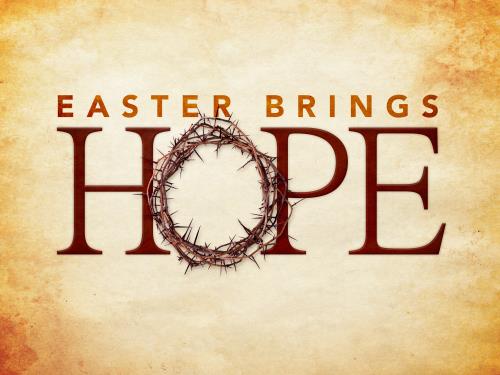The South African philosopher David Benatar is certainly not the type of person who you would want to invite round for a dinner party (you can find a fascinating interview with David Benatar conducted in 2017 here). His 2006 book, “Better not to have been: The harm of coming into existence”, presents an extended argument against having children on the grounds that life is endured rather than enjoyed. He argues that our experience of pain overshadows fleeting moments of joy, love, beauty and contentment. Benatar describes himself as a “compassionate anti-natalist” – that is, out of compassion for the yet-to-be-born, he thinks the best thing we can do is to not bring them into existence in the first place.
I realise that I am writing primarily to parents for whom it is too late to take on his advice! His argument, however, is interesting, even if not particularly compelling. Is suffering – something which we know every person will experience, a reason to not exist at all?
Suffering, according to many, is what characterises existence. This idea has a long history and can be found in many religious traditions. Some have argued that it is suffering which evokes the spiritual longing for a better world, the belief in a higher being or the desire for justice in what appears to be an unjust world. Others, however, have argued that suffering, and the existence of evil more generally, represents a significant challenge to orthodox Christian belief in a God who is good.
Despite attempts to theorise suffering away, to understand it or make sense of it, suffering remains enigmatic and inscrutable – an unavoidable, incomprehensible reality that we all have to deal with at some stage in our lives. And while the experience of suffering is universal, not everyone experiences suffering in the same way. There are those for whom emotional, spiritual, physical or mental anguish are a daily experience. Others move in and out of relatively brief seasons of suffering – periods of illness or loss, heartbreak, or pain.
When we look at the story of Jesus and the events surrounding his death and resurrection as recorded in the four gospels, we find something quite surprising, although our familiarity with the story may make it difficult for us to appreciate just how surprising it is: that is, that the Son of God, the heir of the whole universe, shared with us in our suffering. His journey to the cross was one of betrayal, rejection, physical pain and spiritual isolation. Perhaps even more surprising is that this moment of apparent meaningless suffering, followed by eventual defeat and despair becomes the moment of God’s victory over death and the source of hope for all of creation. With the resurrection of Jesus, God puts into action a plan to restore all of creation.
The message of Easter is one of hope – that despite the suffering we know only too well in this current age, God is at work in this world to bring an end to suffering, an end to pain and an end to sickness and death. Suffering itself remains inexplicable; it defies our efforts to make sense of it. But the time of suffering will end. God has stepped in to suffer in our place, starting the process of renewal which will see the eventual establishment of the new heavens and the new earth in which death and suffering will be no more.
May God bless you and your family over the coming break with time to enjoy catching up with family members and old friends and safe travels. May this coming Easter be a time of renewal, a time of hope and healing where each of us have an opportunity to reflect on God’s restoration plan for the whole world.
Dr James Pietsch
Principal

